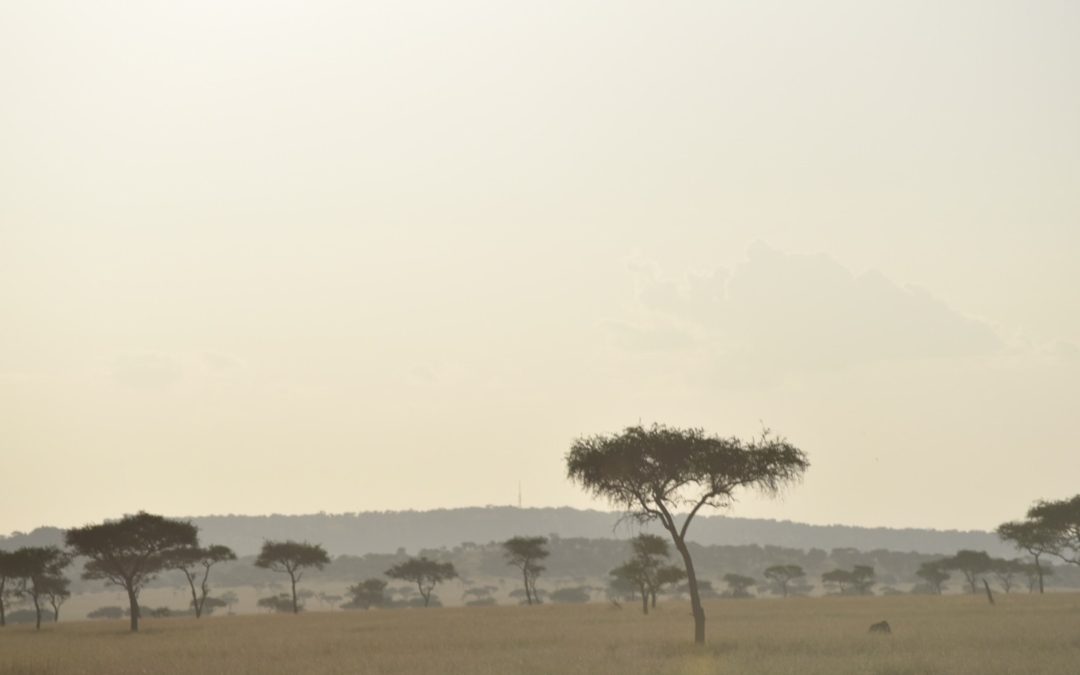Some of you may recall from our previous blog post that OneNature worked with the World Federation for Animals (WFA) and other partners on a position paper which outlined specific recommendations on how to improve the first draft of the Post-2020 Global Biodiversity Framework (GBF). The primary recommendations in the position paper sought to change the fact that the Post-2020 GBF currently has a very human-centric approach. It is imperative that we rid ourselves of the harmful narrative that mankind is superior and separate from nature and that our primary objective in conservation should be to ensure our continued access to natural resources for economic gain. If we do not approach the crisis of biodiversity loss with a new, inclusive vision, we will never be able to reverse the damage we have done. Last year, the world failed to fully meet any of the 20 Aichi biodiversity targets agreed upon at the 2010 Convention on Biological Diversity (CBD) in Japan, and only six of them were partially met. If we continue down our current path, our broken relationship with nature will ensure the same devastating results in 2030.
That’s why our team at OneNature endorsed another response to the first draft of the Post-2020 GBF. The hardworking folks behind the Leaders’ Pledge for Nature put together a call to action titled, “Secure an Equitable, Nature Positive, Net Zero World: Non-State Actors’ Call for Governments to Strengthen the Post-2020 Global Biodiversity Framework.” Non-State actors are non-governmental organizations and non-profits like OneNature, who don’t create government policy but want our views and those of the constituencies we represent, to be included in political decision making. Like the WFA position paper, this call to action promotes the intrinsic value of nature as being worthy of protection. This call to action also presents a criticism of the “lack of ambition” presented in the Post-2020 GBF, while also seeking more attention to the implications for human rights around the world. This rights-based approach encourages considerations for gender equality, Indigenous Peoples, local community rights, intergenerational equity, and children’s representation.
The Post-2020 GBF presents a vision whereby “biodiversity loss will stabilize in the next 10 years (by 2030) and allow for the recovery of natural ecosystems in the following 20 years, with net improvements by 2050.” The call to action, on the other hand, puts forth a more aggressive timeline of “halting and rapidly reversing the loss of biodiversity to secure a nature-positive world by 2030.” In addition to the rights-based approach and the ambitious timeline, some of the suggestions for stronger goals include: using nature-based solutions to conserve 30% of land, freshwater, and seas by 2030; reducing the impact of all human production and consumption by half, with a focus on sustainable agriculture, marine food systems, forestry, infrastructure, and extractives practices; enhancing our financial commitment and eliminating all harmful subsidies; designing transparent and inclusive implementation with a bottom-up approach in mind; and planning for increased action over time. It is time to understand and act for what nature deserves as much as it is about our own survival. As we struggle to recover from a global pandemic, the stakes have never been higher. It is our ethical responsibility to protect the rights of nature holistically and aggressively.
